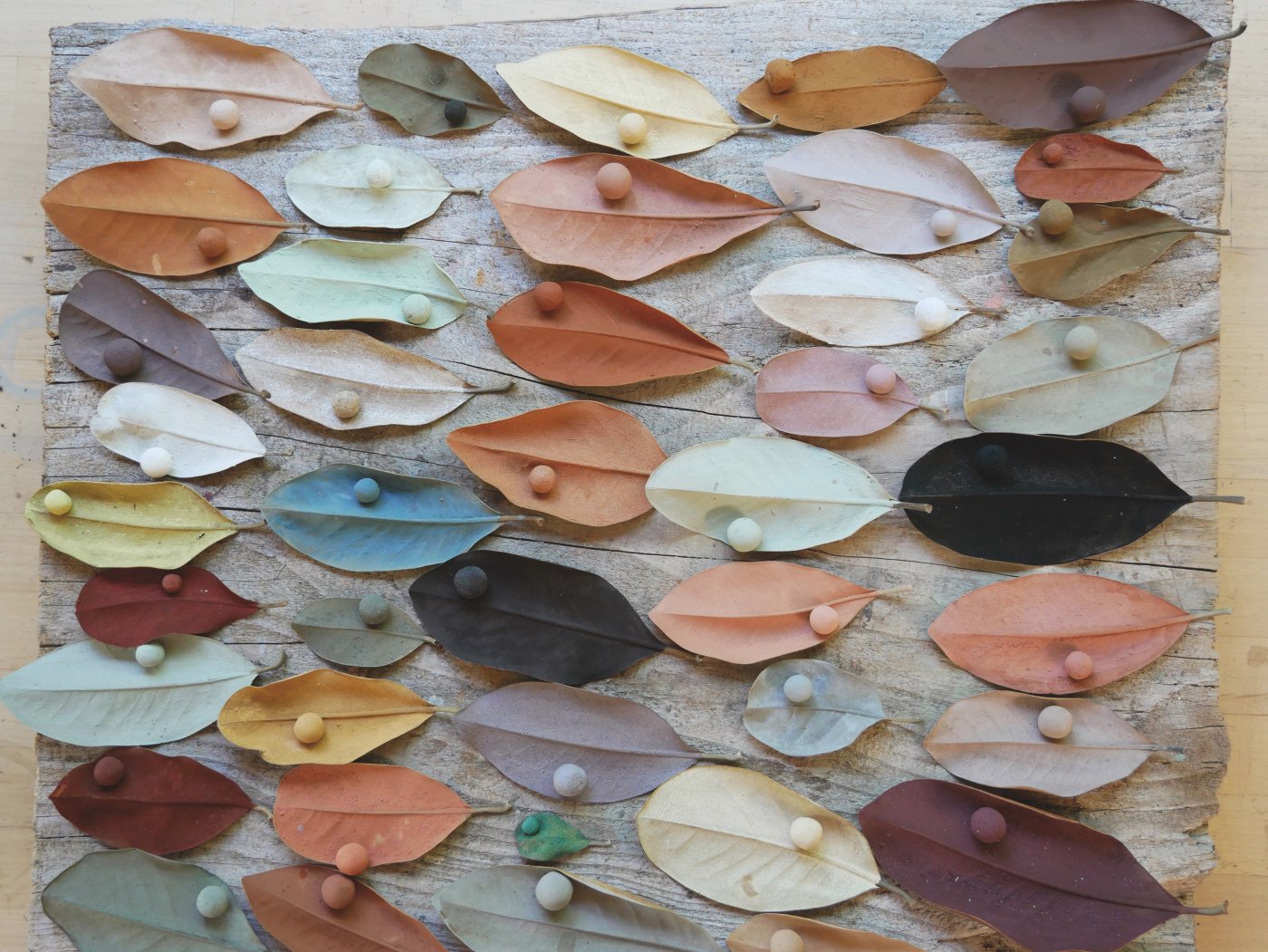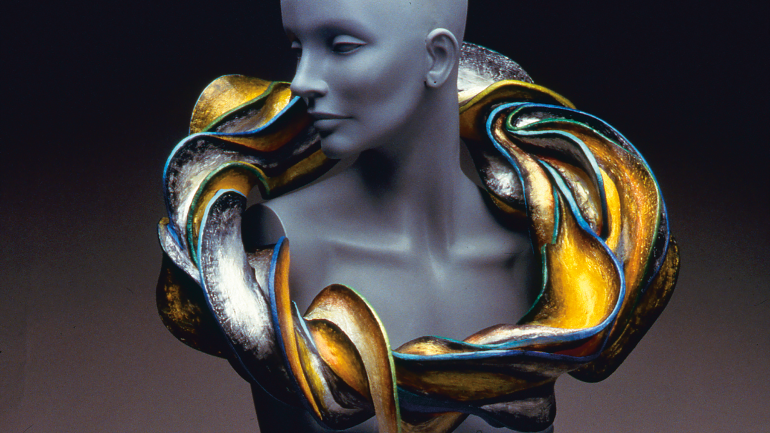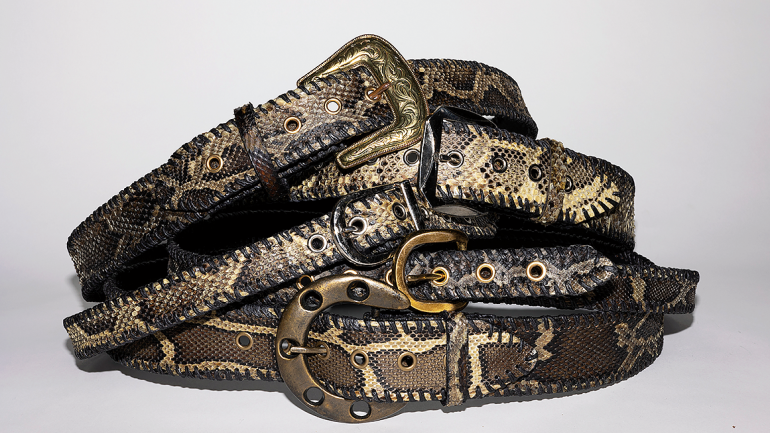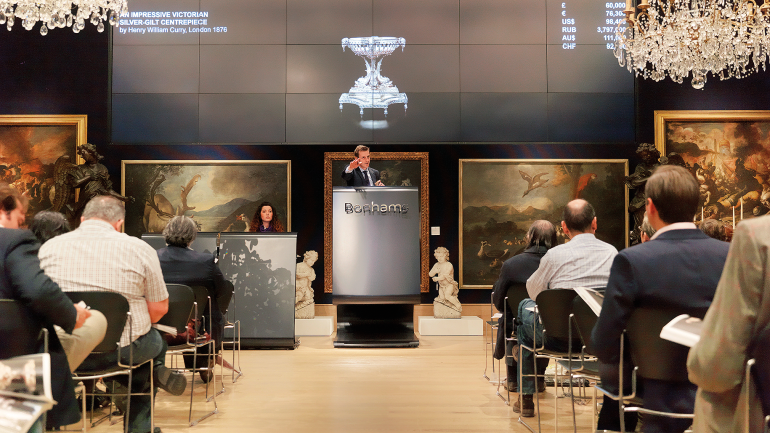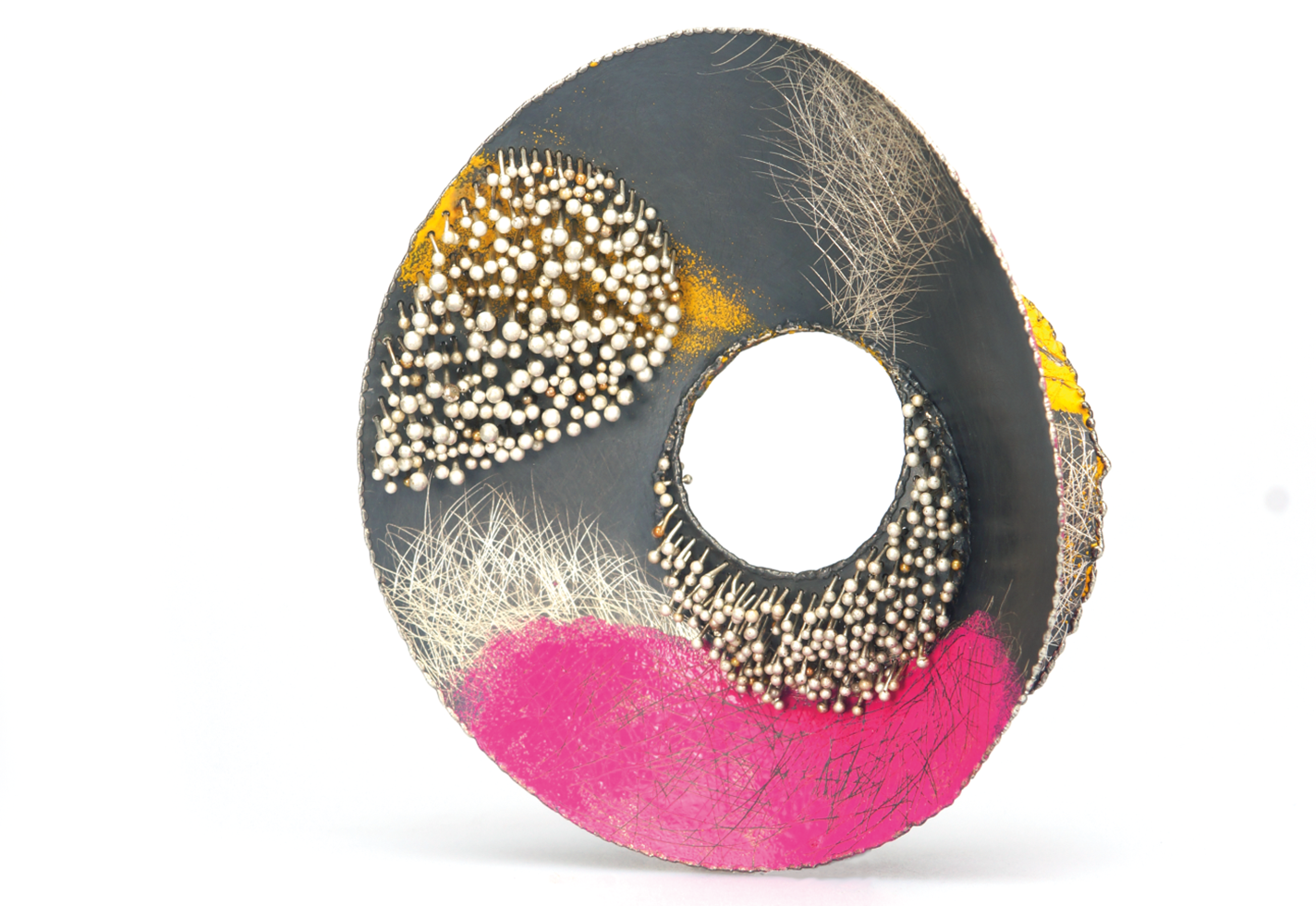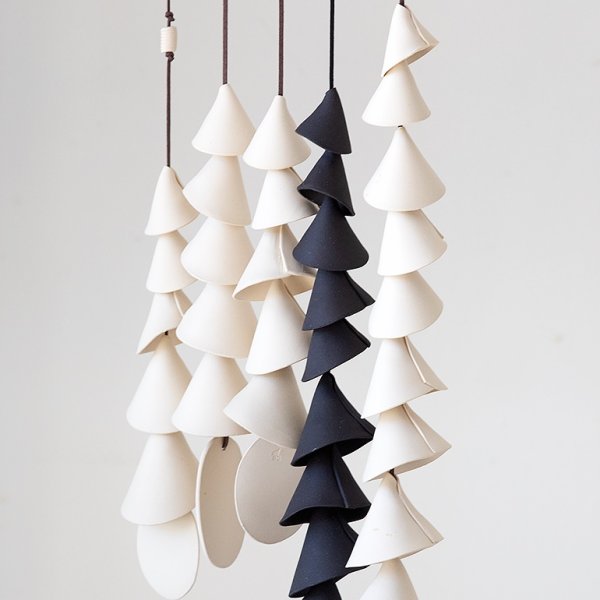While hiking in the desert earlier this year, I found a perfect little cube of charcoal in the middle of my path. It stood out against the sandy ground, a deep rich black in stark contrast to the golden-brown surrounding it. I picked it up and examined its shape and texture, waffling about whether I should carry it with me in my palm or put it in one of my pockets, potentially crushing it and having charcoal dust settle into the seams.
This piece of charcoal—probably no bigger than a small cube of cheese—took me back for a moment to 10 years earlier, when a friend was making charcoal in a fire pit, demonstrating the process to a group of artists. The results were beautiful: chunks of inky black pigment with surface luster like that of lead pencils. Everyone was awestruck and excited. Despite our prior “understanding” of what charcoal was, making it intentionally from the wood that surrounded us on this site—wood from the hundreds of acres of hardwood forest that embraced the property—was a revelation.
Finding this small piece in my path, as opposed to intentionally seeking it out, made me want to disperse it in place. As my partner and I turned back from our walk, I drew a simple symbol to represent the day on the generous, flat face of one of the boulders that marked the midpoint of our hike. The drawing was exactly the size of the piece of charcoal, in the sense that it was finished when the piece was exhausted down to its last crumb of pigment.
That experience, unexpected as it was—not quite foraging but akin to it—resonated with me as a simple ritual. I experienced a heightened sense of presence throughout this activity and an awareness of the place I was visiting—the geological, atmospheric, emotional, and visual aspects, and the sense of time embedded in all of it. Because of this, the process of making a mark with the materials of the day was a surprisingly earnest one. We left our simple symbol, one we came up with on the spot, to the quick work of the weather. It was left behind less as a remark to others that we were there, and more as a punctuation in time. Stopping to notice and feel a place and our temporary contact with it felt briefly and truly intimate.
Finding and collecting materials from the land in a respectful way is an act of noticing and listening to the world; the presentness and attention in the process inspires a slowing down and forges a deeper relationship to place. As I learn more about artists who forage and process the materials they work with, it is apparent that such acts create both a sense of place-as-being and strong connections to the histories embedded there. To work with materials in this way is to more deeply connect to and think using place—both the wild and human-altered. These artists not only use found or foraged materials, which lots of makers do, but also embrace the histories and stories tied to the materials and include them as part of their process and finished works. And that has impact.
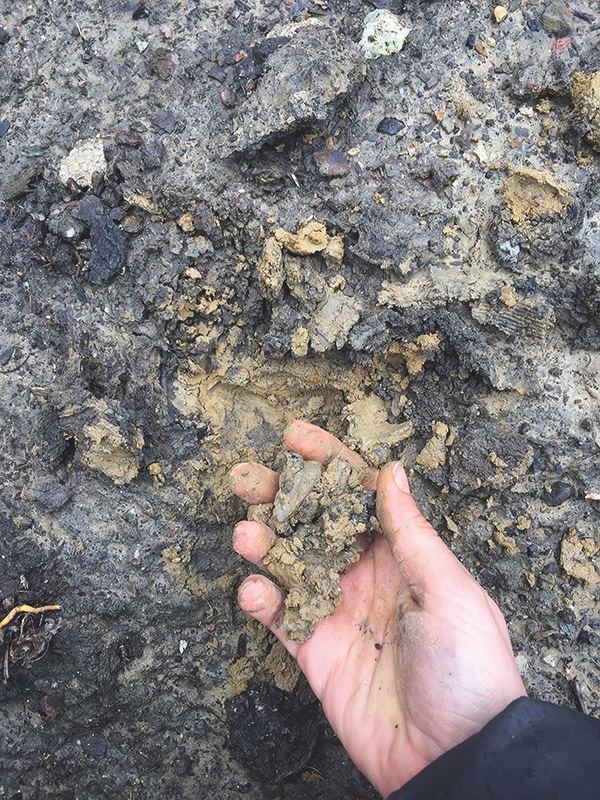
E. Saffronia Downing forages clay in her former backyard in Chicago in 2019.
